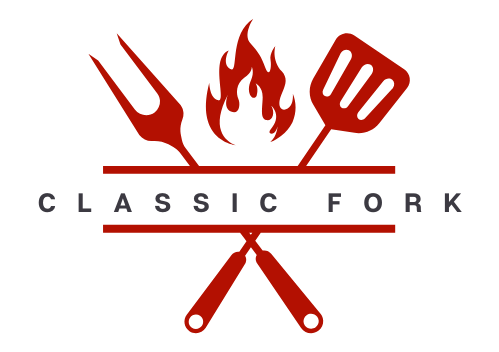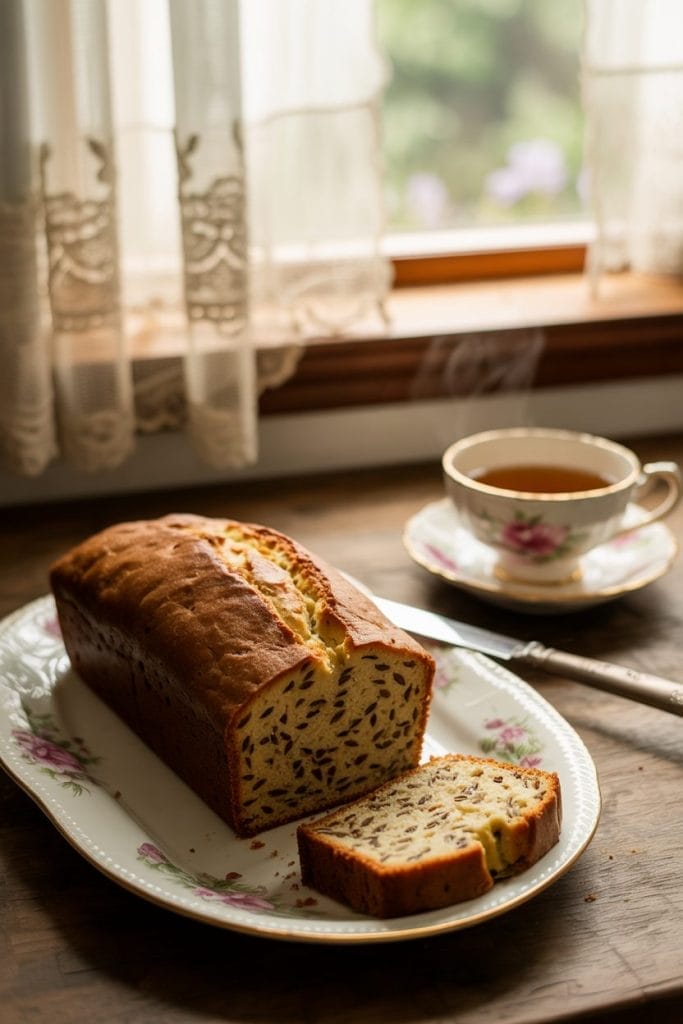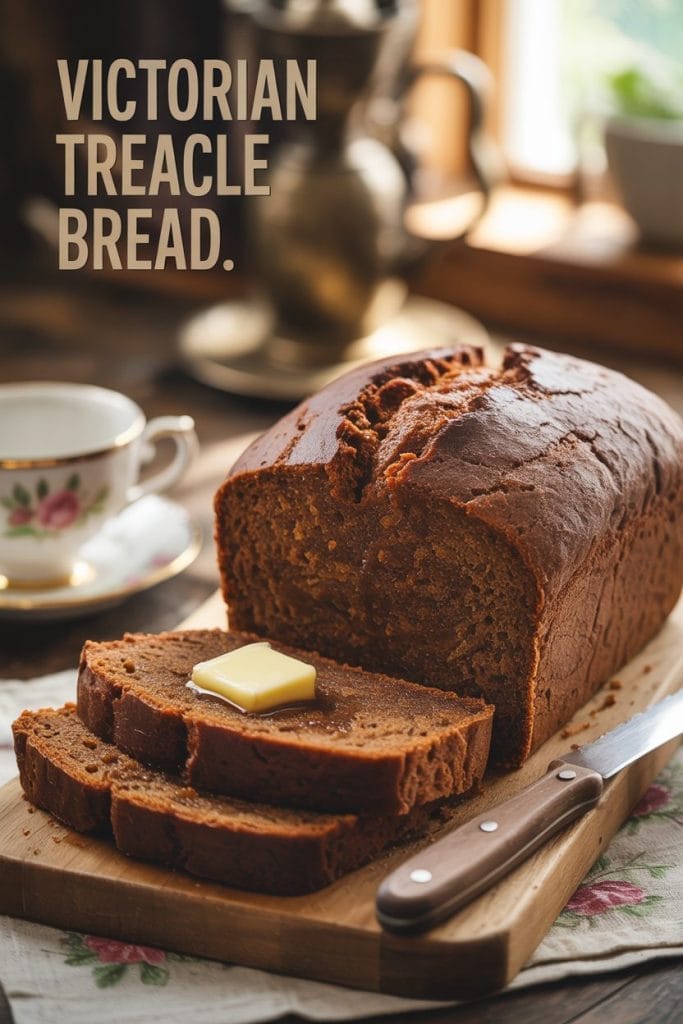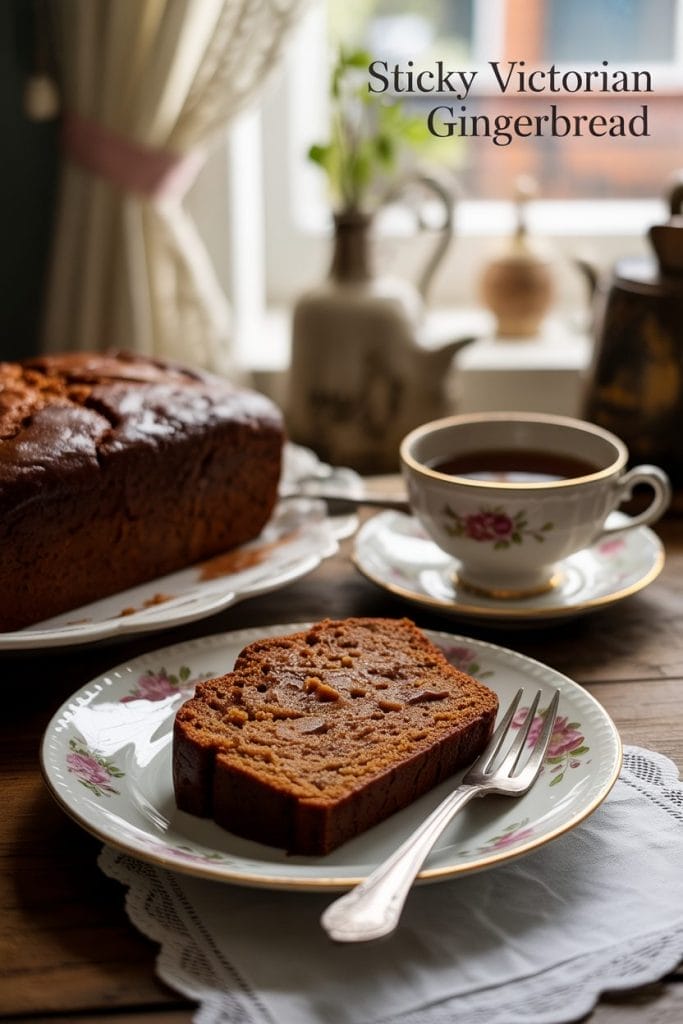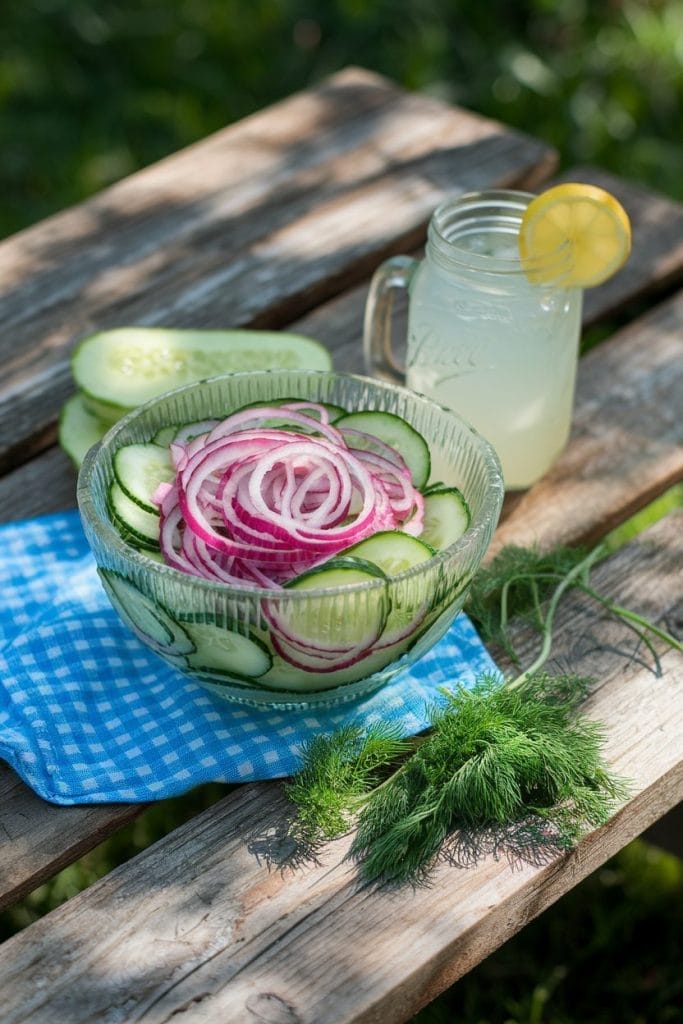Home > Single Recipes > Victory Bread: A Humble Loaf That Won Hearts During WW2
Last Updated: February 8, 2025
I Made These FREE Vintage Recipe Tools JUST For You
This recipe was created with help from AI tools and carefully reviewed by a human. For more on how we use AI on this site, check out our Editorial Policy. Classic Fork earns a small commission from Amazon and other affiliate links at no extra cost to you, helping us keep our content free and honest.
Victory Bread: A Humble Loaf That Won Hearts During WW2
Time Period:
Meal Type:
Cooking Time: 30 minutes
Prep Time: 20 minutes
Total Time: 50 minutes
Servings: 1 loaf (8 slices)
Calories: Approximately 150 calories per slice
Victory Bread wasn’t just food; it was a symbol of resilience. Born during WW2, when rationing shaped every meal, this bread was made with creativity and resourcefulness. Despite the shortages, families found comfort in baking this wholesome loaf at home. Let’s dive into the recipe and bake a slice of history.

What Would You Cook in Wartime?
Step back in time and discover what you could make with limited wartime rations
History
During WW2, ingredients like white flour and sugar were scarce. Victory Bread replaced these with whole wheat flour, oats, and minimal fats. It was part of the war effort to use less refined food, promoting good health and saving valuable resources for soldiers. Victory Bread became a staple in both Britain and America, showcasing the power of resourceful cooking during tough times.
Equipment
- Mixing bowl (I love this mixing bowl set)
- Wooden spoon (Love environmet & style? Get this bamboo spoon set) or spatula
- Measuring cups and spoons
- 9 x 5-inch loaf pan
- Kitchen towel
- Cooling rack
- Oven

Ingredients
- 2 cups whole wheat flour
- 1 cup oats (rolled or quick)
- 1 teaspoon baking soda
- 1 teaspoon salt
- 1 tablespoon honey or molasses (ration-friendly sweetener)
- 1 ½ cups buttermilk or soured milk (mix 1 ½ cups milk with 1 tablespoon vinegar or lemon juice)
- 2 tablespoons vegetable oil or melted butter
Instructions
1. Preparing the Mix
In a mixing bowl, combine whole wheat flour, oats, baking soda, and salt. Stir them together until evenly mixed.
2. Mixing Wet Ingredients
In a separate bowl, mix the buttermilk, honey or molasses, and vegetable oil. Ensure the honey is fully dissolved.
3. Combining Wet and Dry Ingredients
Slowly pour the wet mixture into the dry ingredients. Use a wooden spoon to stir until you form a sticky dough. Avoid overmixing.
4. Preparing the Loaf Pan
Grease the loaf pan lightly with oil or butter. Pour the dough into the pan and spread it evenly using the back of the spoon.

5. Baking the Bread
Preheat the oven to 375°F (190°C). Place the pan in the center of the oven and bake for 30 minutes or until a toothpick inserted in the center comes out clean.
6. Cooling and Serving
Once baked, remove the loaf from the pan and place it on a cooling rack. Let it cool for at least 10 minutes before slicing. Enjoy it plain or with a spread of butter or jam.
Special Notes
- This bread is dense, rustic, and full of fiber—perfect for those who love hearty loaves.
- You can substitute oats with bran or ground flaxseeds for variety.
- To store, wrap the bread tightly in a clean kitchen towel and keep it at room temperature for up to 3 days.
Nutrition (Per Slice)
- Calories: 150
- Protein: 4g
- Carbs: 26g
- Fiber: 4g
- Fats: 3g
- Sugar: 2g

Maggie Hartwell
Hi there, I’m Maggie Hartwell, but you can call me Maggie—the apron-clad foodie behind Classic Fork! I created Classic Fork because I’m convinced food has a way of telling stories that words can’t. So, grab a fork and dig in. The past never tasted so good!
